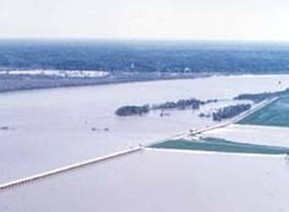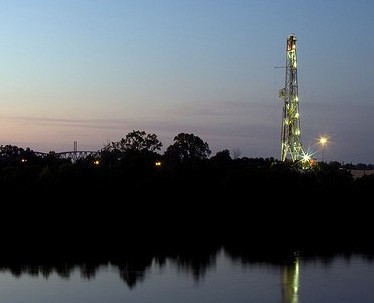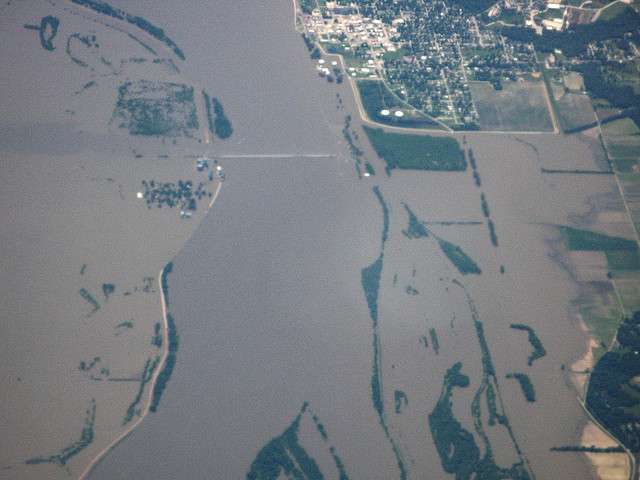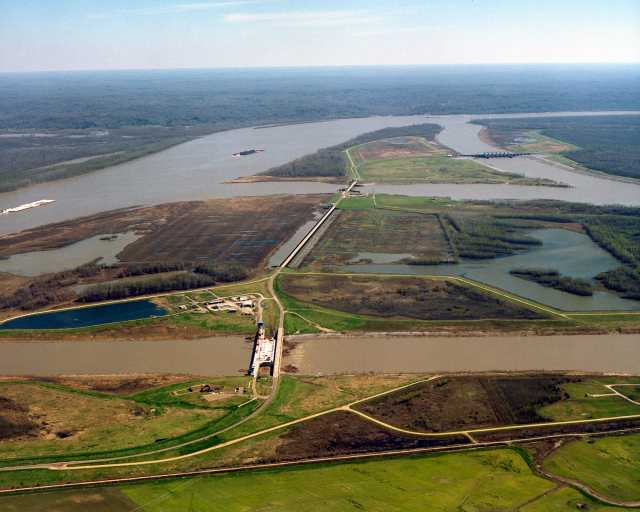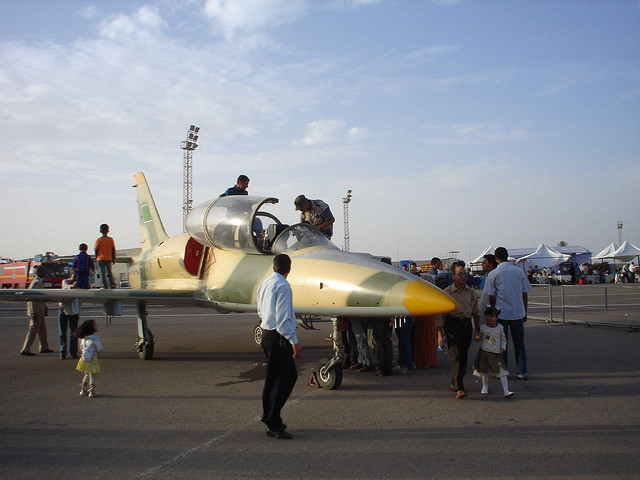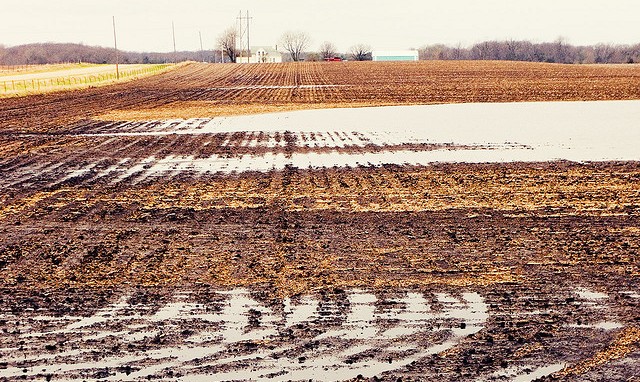
Farmer Fact of Life: You can't get seed into a field like this one in Iowa, and if you did it wouldn't come up. And most of the fields in 20 states look like this. (Photo by David Morris/Flickr)
While the nation largely ignores the developing, historic flood of the Mississippi River and its tributaries, it is totally oblivious to the rising threat of ordinary — well. perhaps not ordinary, but certainly less dramatic — rain to current and future harvests in the nation’s breadbasket. The fact that the Corn Belt is soaking wet, where it is not completely inundated, does not bode well for food prices, or for the food supply, in the US or the world. Continue reading
